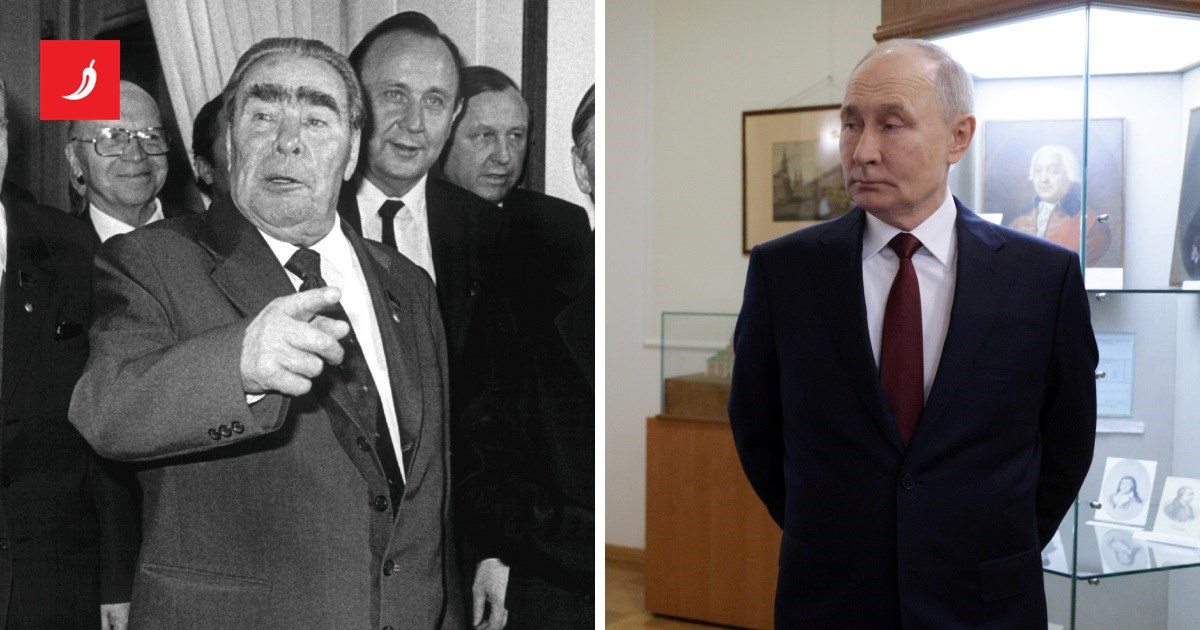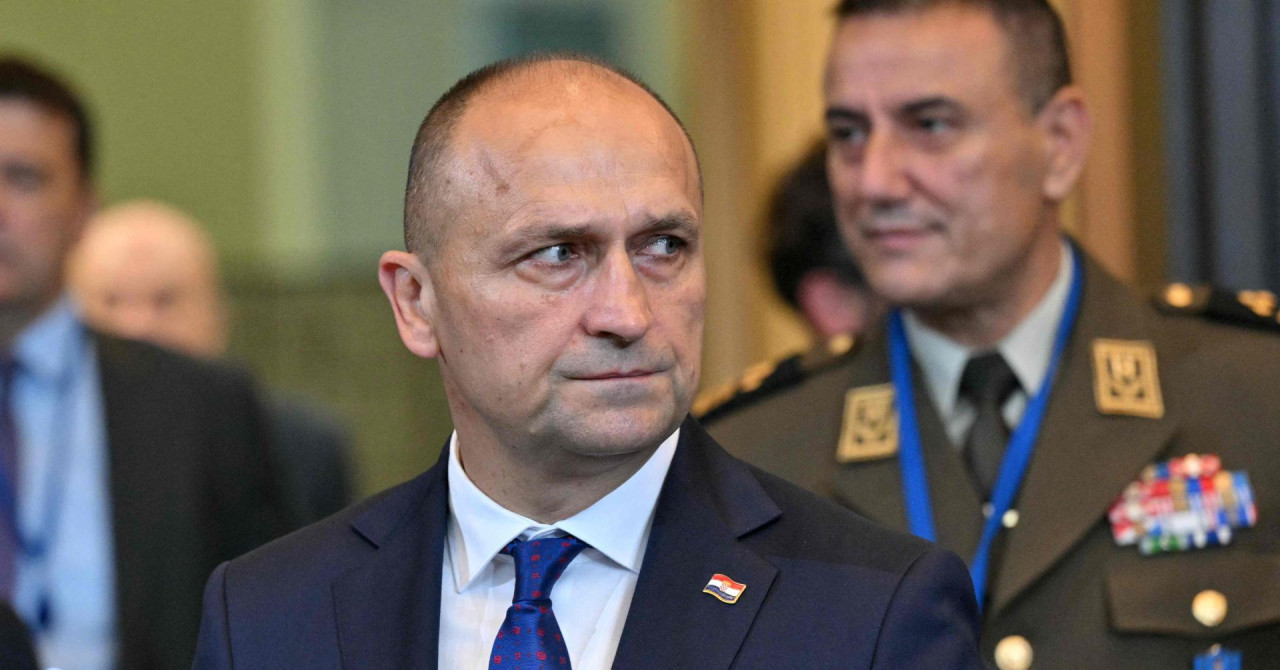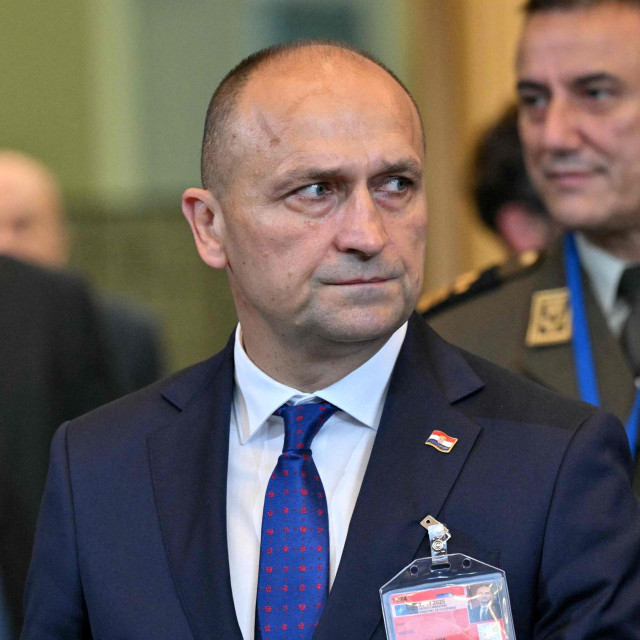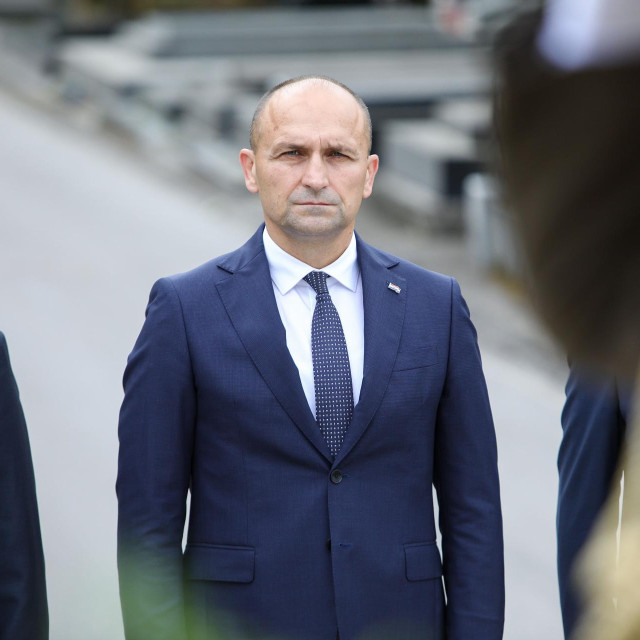NATO Summit in The Hague: War Spending or Europe’s Salvation?
Are you ready for the biggest increase in military budgets in Europe since the end of the Cold War? At the recent NATO summit in The Hague, 32 member countries agreed to allocate as much as 5% of their Gross Domestic Product (GDP) to defense by 2034. Yes, you read that right – five percent! That’s nearly double the previous target of 2%.
Putin and Brezhnev: History Repeating?
Polish Foreign Minister Radoslaw Sikorski warns that Putin is leading Russia down the path of Leonid Brezhnev, the Soviet leader known for excessive military spending that ultimately drained the USSR’s economy. Sikorski believes that Putin’s regime, if it continues this way, will collapse—and faster than the Soviet Union did.
Russia’s aggression against Ukraine has already forced the West to increase military spending, and now Putin is expected to be compelled to spend even more on defense. According to the Stockholm International Peace Research Institute (SIPRI), military expenditures in Europe, including Russia, rose by 17% and reached €316 billion in 2023.
Who’s Spending and Why?
The main advocate for the budget increase is U.S. President Donald Trump, who has made it clear he expects greater engagement from European allies. While some countries, like Spain, opposed the new 5% threshold, most members agreed to the goal.
Croatia, for example, plans to reach this target by 2025, allocating 3.5% of GDP to armaments and 1.5% to infrastructure and civil protection. Defense Minister Ivan Anušić emphasizes that investments will focus on air defense, cyber protection, navy, and ground forces, including the purchase of Leopard tanks and Rafale jets.
Montenegro also supports this decision, with President Jakov Milatović highlighting it as a message of unity and strength for NATO amid current global security challenges.
What Does This Mean for Us?
Increasing military spending means countries will spend more on weapons, infrastructure, and military capabilities. This could destabilize economies but also strengthen defense capabilities in case of conflict. While some see this as a necessary step to preserve peace and security, others fear a return to Cold War-era arms races that could worsen the situation.
Is This the Start of a New Arms Race?
Sikorski thinks so and warns it could accelerate Putin’s regime’s downfall but also increase global tensions. NATO, on the other hand, claims this is a response to real threats, aiming to deter aggression and protect allies.
Conclusion
Europe stands at a crossroads: will increased military spending bring security or drag us into a deeper arms race? As leaders negotiate and plan budgets, ordinary people wonder—who will foot the bill? And will this move truly bring peace or just more weapons?
What do you think? Is boosting the military budget a salvation or a curse? Drop a comment, crack a joke, or just share your thoughts—let the people’s voice be heard!












